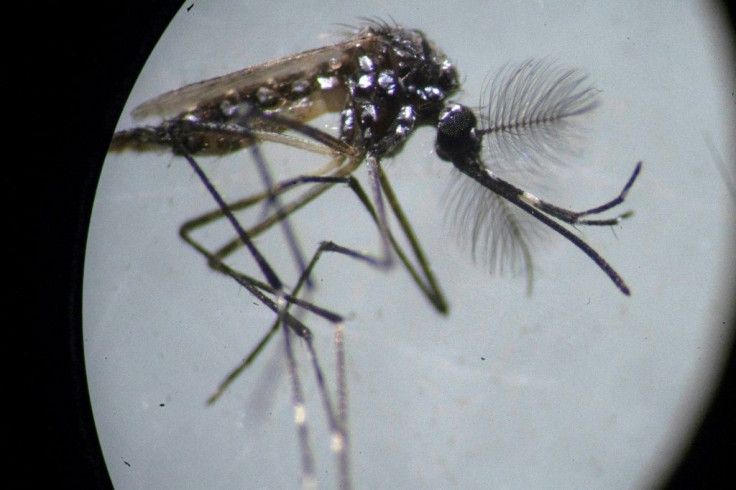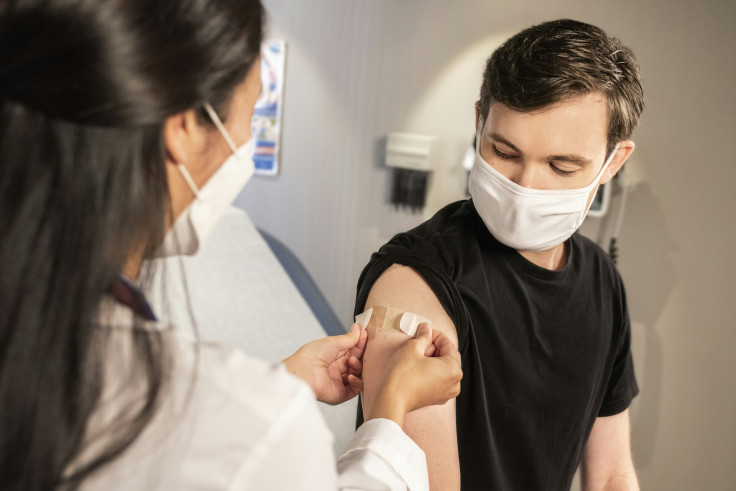
As Latin America struggles with its most severe dengue fever outbreak on record this year, experts warn that climate change could create the perfect conditions for the disease, once confined to the tropics, to reach the United States.
Most dengue cases reported in the U.S. have been until now from people who traveled to affected countries in the Americas and brought the virus back home. However, during the last months, some states have been experiencing the first cases of local dengue.
Last October, California health officials reported the state's first case of local dengue in Pasadena. This has also been seen in Arizona, Florida and on the southern coast of Texas, according to data by the Centers for Disease Control and Prevention (CDC).
According to an article by NBC News, the Florida Department of Health has recorded 176 dengue cases so far this year. In all of 2023 the department documented 173 locally transmitted cases, most of them in Miami.
The vast majority of people were infected in Brazil or Cuba, among other Latin American countries. So far this year, only seven cases of local dengue have been reported in the state.
Climate change and warmer weather due to the El Niño pattern is creating unusually mild conditions that are already expanding the range of mosquito-borne diseases in Latin America. The hotter temperatures allow the mosquito Aedes aegypti to breed and reproduce more rapidly throughout the year.
These conditions are resulting in dengue outbreaks that have historically occurred every three to four years in the Americas, but are now occurring every year.
In Latin America, cases are more than 400% higher than the five-year average and continue to rise. According to the Pan American Health Organization, the first four and a half months of 2024 already presented 238% more dengue cases than at this time in 2023.

The viral fever is found in many tropical regions of the world and continent, but has becomea common disease in southern countries such as Argentina.
Dengue-carrying mosquitoes are also now found on a regular basis in the southern parts of the United States, and have recently been reported in the Bay Area and in Washington, D.C.
"That gives us a snapshot of what we may see here in North America in the coming decades," Dr. Albert Ko, a professor of epidemiology of microbial diseases at the Yale School of Public Health, told NBC News.
The U.S. does have a dengue vaccine. However, it's only authorized for children ages 9 to 16 who live in areas where dengue is endemic, including Puerto Rico, American Samoa, or the U.S. Virgin Islands.
© 2025 Latin Times. All rights reserved. Do not reproduce without permission.





